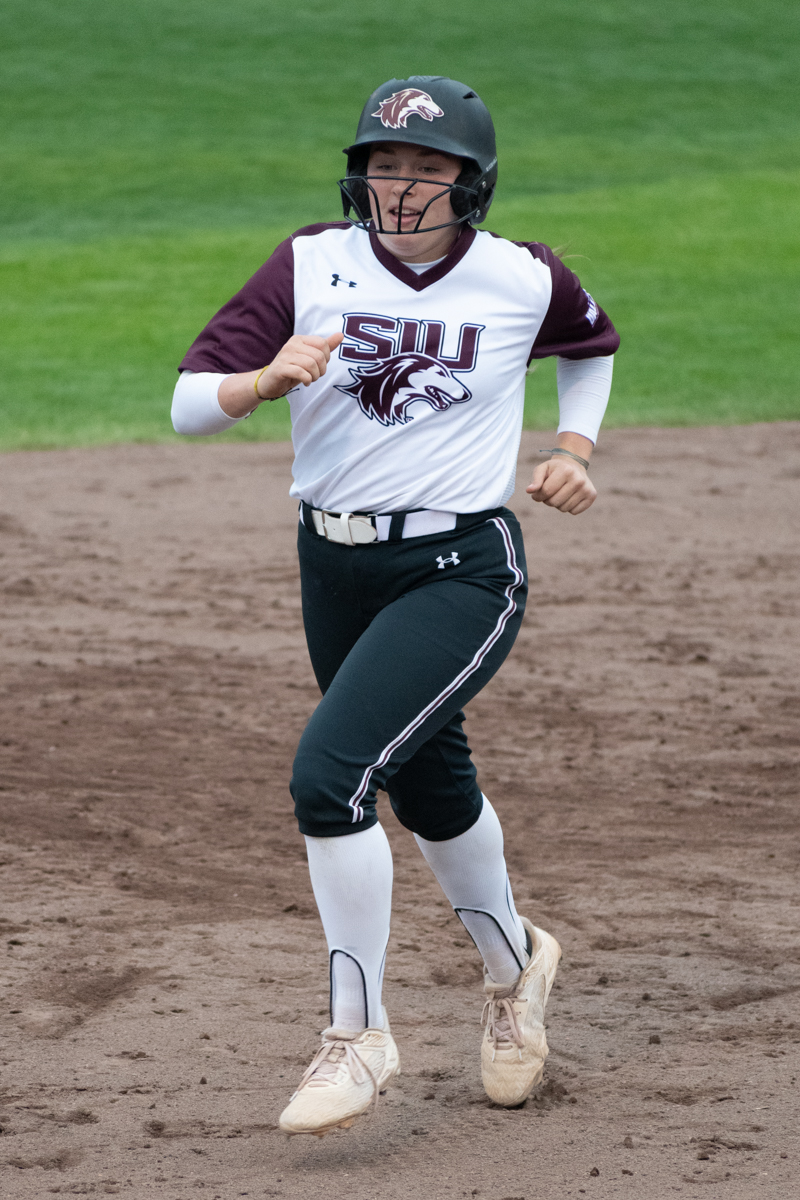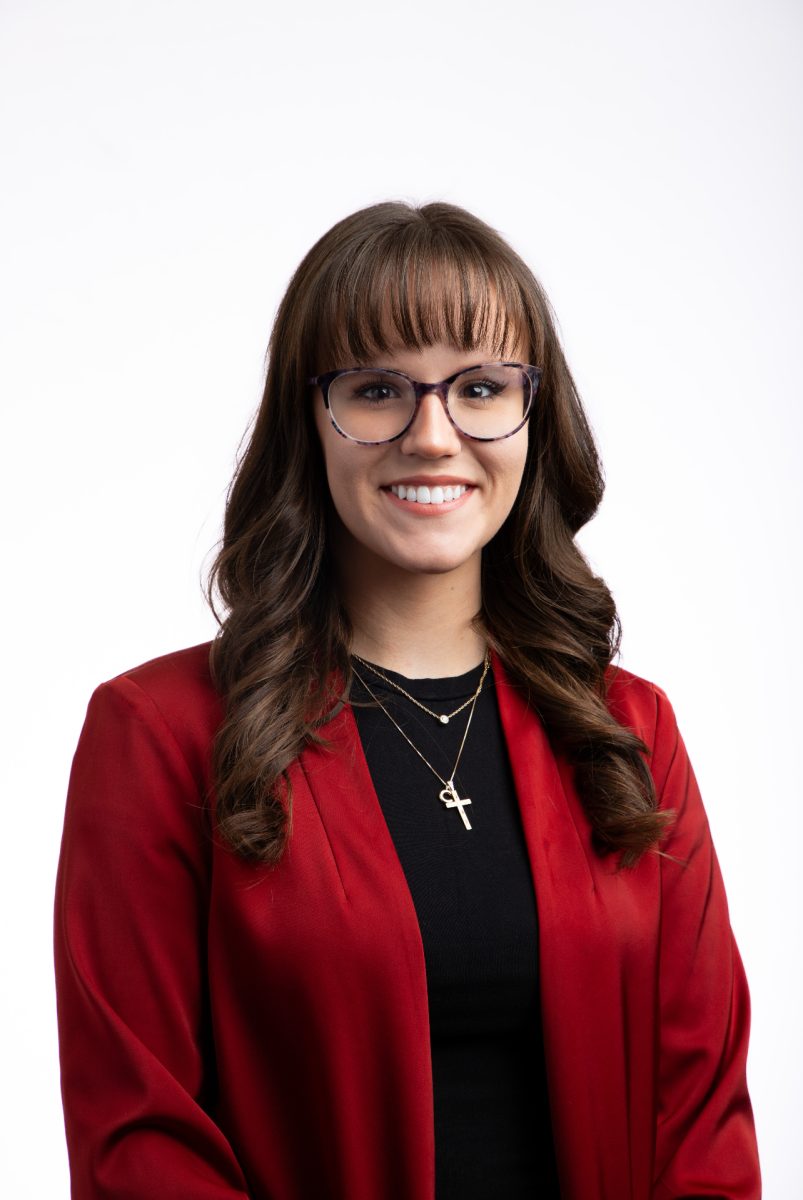NBA athlete’s coming out renders mixed reactions
May 6, 2013
While professional athletes took to Twitter after NBA player Jason Collins came out as gay, SIU athletes and staff expressed their own opinion on the matter.
“I’m a 34-year-old NBA center. I’m black. And I’m gay,” Collins said in an April 29 Sports Illustrated article.
These were the words that made him the first major male pro-athlete in the U.S. to come out as gay before retirement.
Advertisement
His Twitter page revealed that his announcement was received with both congratulations and negative feedback from fellow athletes. Lakers guard Kobe Bryant tweeted he was proud of Collins, and he should not have to suffocate who he is because of others’ ignorance. However, Miami Dolphins receiver Mike Wallace tweeted his own opinion.
“All these beautiful women in the world and guys want to mess with other guys,” Wallace tweeted.
Wallace later offered an apology to those he may have offended with his tweet.
When asked about Collins’ coming out, former Saluki guard Kendall Brown-Surles said the news surprised him, but he accepted it.
“With how society is now it didn’t really bother me,” he said. “That is a big step toward another chapter in his life, and for him to come out and nationally speak out like that is pretty brave of him.”
Brown-Surles spent four years with the Salukis and finished his final game in early March. When thinking back to his time with the Saluki basketball team, Brown-Surles said he could see issues coming up with Collins’ teammates, but they should rise to defend their teammate.
“I think it could affect (gay athletes’) relationships with their teammates just because of how people could view the teammates being friends with (gay athletes),” Brown-Surles said. “But I feel that if they are real teammates then why does it matter what their sex life is about. He is putting in the same work as you are day-in and day-out so you have to be there for him.”
Advertisement*
When referring to the relationship between teammates, Lesbian, Gay, Bisexual, Transgender and Queer (LGBTQ) Resource Center Coordinator Wendy Weinhold said she finds the locker room behavior between athletes to be somewhat contradictory.
“Ask yourself, ‘Where do men get to touch men publicly?’ When they are doing sports.” Weinhold said. “These things that are supposed to be hyper-masculine are actually things that we recognize outside of athletics as homosocial behavior.”
She said Collins’ coming out gives people the opportunity to reflect on the gay community and how it can cause fear with others.
“It’s not like he’s the first gay man to play sports,” Weinhold said. “They’re just encouraged to be silent about their sexual identities … That’s because we live in a system that punishes people who are not straight.”
Shane Bennett, the assistant director of intramural sports and sports clubs at the SIU Recreation Center, said he and his staff are looking to change that fear by working with the LGBTQ community on campus to make their facility more open and safe for everyone.
“When you walk into the restrooms currently in our facility members of the LGBT community may not feel safe,” Bennett said. “We feel that we are breaking barriers in regards of making them feel more comfortable and finding the center far more accepting of them.”
Bennett said in speaking with other facilities on what they have done to help the LGBTQ community, many issues arose including the presence of testosterone in the locker rooms, which is banned by athletics for performance-enhancing reasons, but is often needed for the trangender process.
He said issues like this have come up but said it all boils down to the communication between all necessary parties.
“The more I communicate and the more I talk with people like Wendy, the better it is for our program and the better it is for our community,” Bennett said. “For me, I want to make sure I am making a safe environment for the participant and I have no problems working with any student to help achieve that.”
Advertisement








